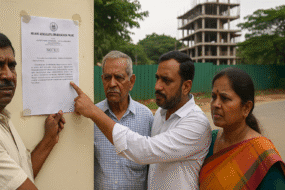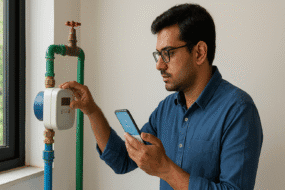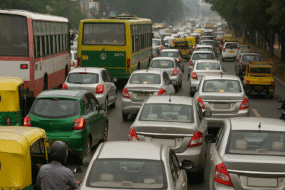A tongue-in-cheek social media post from a Bengaluru-based entrepreneur has struck a nerve with officegoers and remote work advocates alike. Faced with unbearable traffic on a Monday morning, Dilip Kumar took to X (formerly Twitter) to share a humorous yet painfully relatable suggestion: “Why can’t we pretend there is a pandemic and it’s called road traffic and go back to working from home and doing online meetings?”
The post, which has since gone viral, highlights a sentiment shared by thousands navigating the gridlocked streets of India’s tech capital—where a 3 km commute can often take close to an hour.
“There is no medicine for the stress from Bangalore traffic,” Dilip wrote, capturing the frustration of countless professionals caught in bumper-to-bumper commutes.
His post quickly garnered responses from netizens venting similar woes. One user commented, “It affects majority of the day. Motion sickness, fatigue—this isn’t sustainable.” Another added, “No need to pretend. That pandemic is real.”
Several responders pointed to outdated corporate mindsets resisting hybrid or remote models. “Some managers still think remote workers don’t work,” noted one reply. Others emphasized WFH not as a cure, but a “painkiller” for the city’s daily traffic stress.
Many shared personal solutions: relocating closer to work or leaving the city entirely for remote roles. “I moved out of Bangalore because of this,” said a former resident. “When I stayed, my only solution was renting a flat opposite the office.”
Bengaluru’s traffic crisis has long plagued its citizens, particularly on Monday mornings that resemble endurance marathons. With remote work now a proven model, many wonder—could flexible work policies be the answer to the city’s ever-worsening commute nightmare?
















